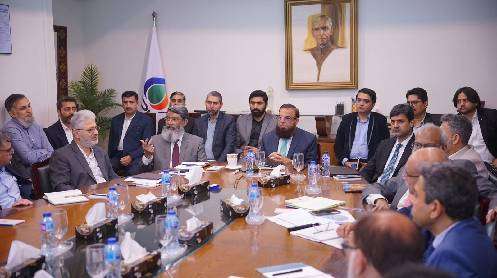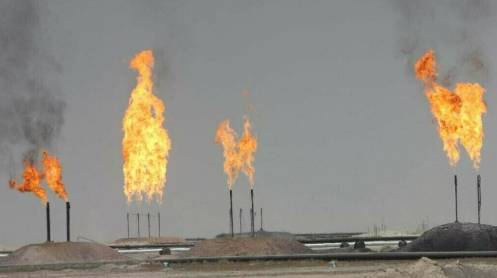ISLAMABAD: The federal government is preparing to phase out cross-subsidies for residential gas consumers by 2026, replacing them with a direct, income-based subsidy model aligned with the Benazir Income Support Programme (BISP). This reform is part of ongoing negotiations with the International Monetary Fund (IMF) under the Resilience and Sustainability Facility.
During a recent cabinet briefing, the Petroleum Division disclosed that advisory firm KPMG has been hired to develop the new subsidy framework, and a dedicated task force is actively working on implementation. Currently, over Rs150 billion in cross-subsidies are provided to residential consumers—funded by higher tariffs on captive power plants, industries, and commercial users. However, rising tariffs have reduced gas consumption in these sectors, eroding the capacity to subsidize households.
Meanwhile, the situation in Balochistan remains complex. The Sui Southern Gas Company (SSGC) reported that 59.7% of the 44 billion cubic feet (bcf) of gas supplied to the province in FY2022–23 was either stolen or consumed illegally, leading to a Rs22 billion revenue loss. In contrast, unaccounted-for gas (UFG) losses in Sindh stood at just 9.5%.
Despite high losses, SSGC continues operating in the region to support government mandates and comply with Balochistan High Court directives. The court, in May 2023, capped household gas bills at Rs5,700 per month and tasked a commission with recommending new seasonal tariff structures. The commission proposed sharply lower rates compared to government-approved tariffs, creating a significant revenue gap.
The Petroleum Division contested these recommendations, stating they conflicted with the tariff structure notified by the Oil and Gas Regulatory Authority (Ogra), which sets much higher charges—up to Rs108,441 per month for high-consumption users. The High Court’s June 2024 order to implement the commission’s rates retroactively from November 2023 further exacerbated financial losses.
SSGC has since challenged the order in the Supreme Court, which instructed Ogra to review the commission’s recommendations through public hearings. Ogra’s findings, released on November 22, 2024, concluded that the commission lacked statutory grounds to enforce a special tariff for Balochistan. The government is now expected to align gas sector reforms with its broader IMF commitments while navigating the legal and political complexities surrounding provincial tariff disputes.
Story by Zafar Bhutta







